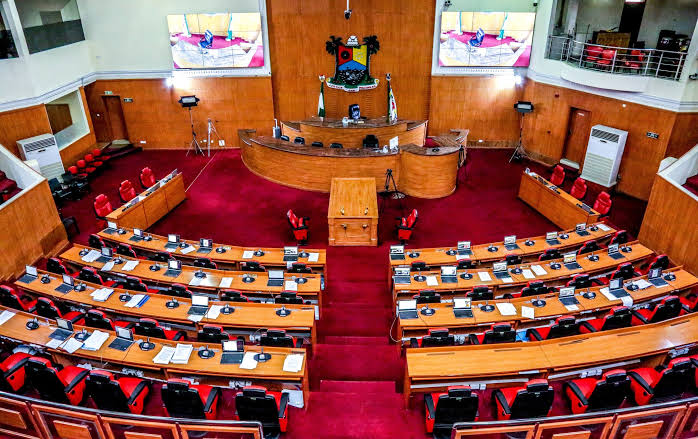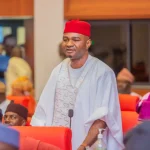
BudgIT, a civic tech organisation focused on public finance reform, has uncovered 11,122 projects worth N6.93 trillion inserted into the 2025 federal budget by the National Assembly. The group described the development as a serious breach of fiscal responsibility and warned that the insertions distort national priorities and fuel corruption.
President Bola Tinubu signed the N54.99 trillion 2025 budget into law in February after the federal legislature passed it. However, BudgIT’s detailed analysis shows that much of the budget was padded with politically motivated projects that lack transparency or justification.
According to BudgIT’s statement released on Tuesday, many of the inserted projects do not align with Nigeria’s Medium-Term National Development Plan (2021–2025) and were introduced without executive input.
The report reveals that 238 of the inserted projects exceed N5 billion, collectively amounting to N2.29 trillion. Other 984 projects are valued at N1.71 trillion, while 1,119 others range between N500 million and N1 billion, totalling over N641 billion. BudgIT noted that the pattern suggests a coordinated effort to funnel public funds into poorly defined or duplicative projects with little value.
A closer examination of the insertions shows an overwhelming emphasis on projects like streetlights, boreholes, ICT centres, and empowerment schemes. BudgIT identified 1,477 streetlight projects valued at N393.29 billion, 538 borehole projects worth N114.53 billion, and 2,122 ICT-related projects estimated at N505.79 billion. It also flagged an allocation of N6.74 billion for the “empowerment of traditional rulers,” a provision the group described as vague and lacking strategic justification.
The report shows that a significant share of the inserted projects favours particular constituencies and regions. BudgIT found that 3,573 projects worth N653.19 billion were directed at federal constituencies, while 1,972 projects valued at N444.04 billion were tagged to senatorial districts.
The Federal Ministry of Agriculture and Food Security was one of the most affected agencies, with 4,371 inserted projects linked to it- about 39 per cent of all identified. These projects were valued at N1.72 trillion, increasing the ministry’s capital allocation from N242.5 billion to over N1.95 trillion.
In some cases, relatively obscure agencies were assigned large and unrelated projects. The Federal Cooperative College in Oji River was allocated N3 billion for utility vehicles, N1.5 billion for rural electrification in Rivers State, and N1 billion for solar-powered streetlights in Enugu State. These assignments fall far outside the core educational mandate of the institution.
As West Africa Weekly reported in January, civil society groups and economic analysts have heavily criticised President Bola Tinubu’s proposed budget for 2025. Many believe it fails to address Nigeria’s pressing needs and lacks transparency.
About The Author
Related Articles
Tinubu Government Delays Release of Signed Tax Acts to the Public
Four days after President Bola Tinubu announced the signing of four tax...
ByMayowa DurosinmiJune 30, 2025As Tinubu Urges Africa-Caribbean Unity in Saint Lucia, Over 272 Nigerians Killed in June Alone
While Nigerians deal with deadly violence, worsening hunger, and mass flooding, President...
ByWest Africa WeeklyJune 30, 2025You Can’t Tax a Dead Economy: Nigeria Is Suffocating Under Its Own Policies
As Nigeria’s Central Bank clings to its benchmark interest rate of 27.5...
ByWest Africa WeeklyJune 30, 2025“Wike is Not a Blessing to Us, He’s a Disaster” — Workers Protest in Nigeria’s Capital Over Unpaid Wages, Poor Working Conditions
Staff members of the Federal Capital Territory Administration (FCTA) in Abuja barricaded...
ByOluwasegun SanusiJune 30, 2025













Leave a comment